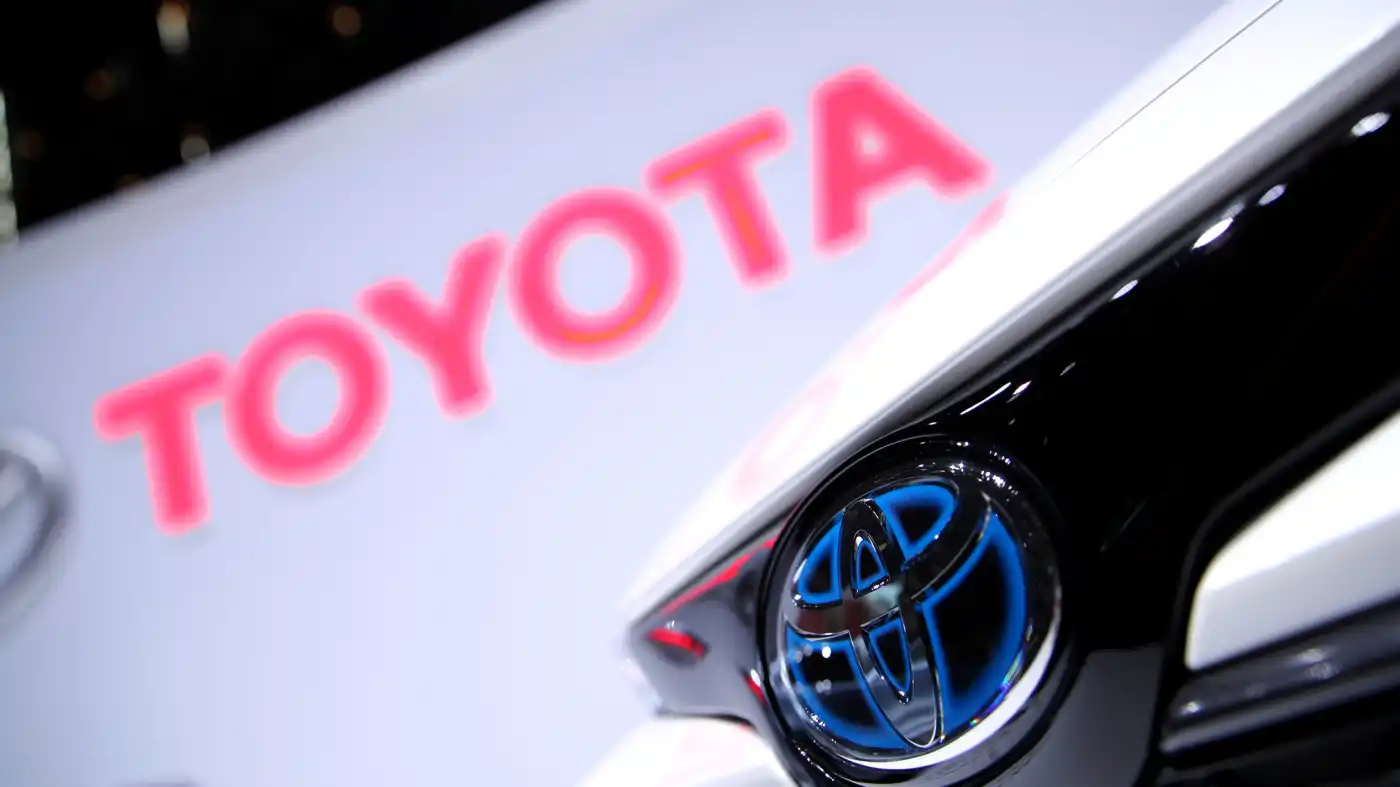
EV特許:the top 50 by Patent Results:Toyota、Ford、Honda、Tesla:
EV patent: the top 50 by ‘Patent Results’: Toyota, Ford.Honda.Tesla:
电动汽车专利:“专利结果”前 50 名:丰田、福特、本田、特斯拉
ーテスラなど米国企業も追随ー
EV特許:
米国での競争力について、上位50社のうち21社が日本企業だった。
- トヨタやホンダなど4社以外では、
- 日立アステモやパナソニックなどが、
- 自動車向けの電子部品を手がけている。
デンソーの競争力:
5位にはデンソーが入った。
車部品メーカーでは最も順位が高い。
デンソーは、「電流を調節し、モーターを高速・低速まで、効率よく制御する技術」に強い。
その特許の競争力は、トヨタの5倍に達する。
日立アステモの競争力:
日立アステモは、「ホンダ系と日立製作所系の計4社が合併した会社」で、電子部品に強い。
日本経済新聞
https://www.nikkei.com/article/DGXZQOUC304060Q1A830C2000000/
Toyota takes commanding lead in EV patents but no match for Tesla in sales
Nikkei, in partnership with Tokyo-based research firm Patent Results,
scored global companies on the competitiveness of their EV-related patents in the U.S.
as of early July, based on factors such as how often these patents are cited or disputed.
A total of 21 Japanese companies, including parts makers like Denso, made the top 50.
Honda Motor ranked third, while Nissan Motor, the maker of the Leaf EV, placed sixth.
In addition to generating royalties, patents “allow companies to squeeze the competition by seeking injunctions on production or damages,”
said Taro Nagashima, an associate at Uchida & Samejima Law Firm. “
It allows them to maintain their competitiveness.”
13 American companies
The top 50 included 13 American companies, with Ford Motor in second, General Motors in fourth and Tesla at No. 8.
South Korea and Germany
had five companies each, led by Hyundai Motor and Robert Bosch.
Two Chinese players
were there as well: EV makers BYD in 32nd place and Nio in 47th.
The analysis covered patents
involving EV parts, like motors and batteries, as well as charging stations and other infrastructure.Toyota scored 8,363 points,
followed by Ford with 6,564.
Honda with 3,849.
Tesla had 1,741 points.in the European Union
A look at similar patents in the European Union also supports Japan’s lead in the field.
Japan’s competitiveness
in EV technology stems from its success with hybrid vehicles.Hybrids and EVs share many of the same components.
Ford
has an advantage in energy-efficient air conditioning technology.The company plans to make $30 billion in EV-related investments by 2025, aiming to have electric vehicles make up 40% of its global sales in 2030.
Chinese companies
had applied for 36,800 EV-related patents in mainland China as of July, accounting for 67% of the total there.Chinese companies are expected to become an even bigger force internationally in the field.
Japanese automakers
could end up repeating the same mistakes as the electronics industryunless they can swiftly connect their technology with the business side,
said Sanshiro Fukao at Itochu Research Institute.
Nikkei Asia